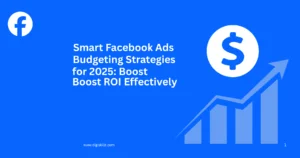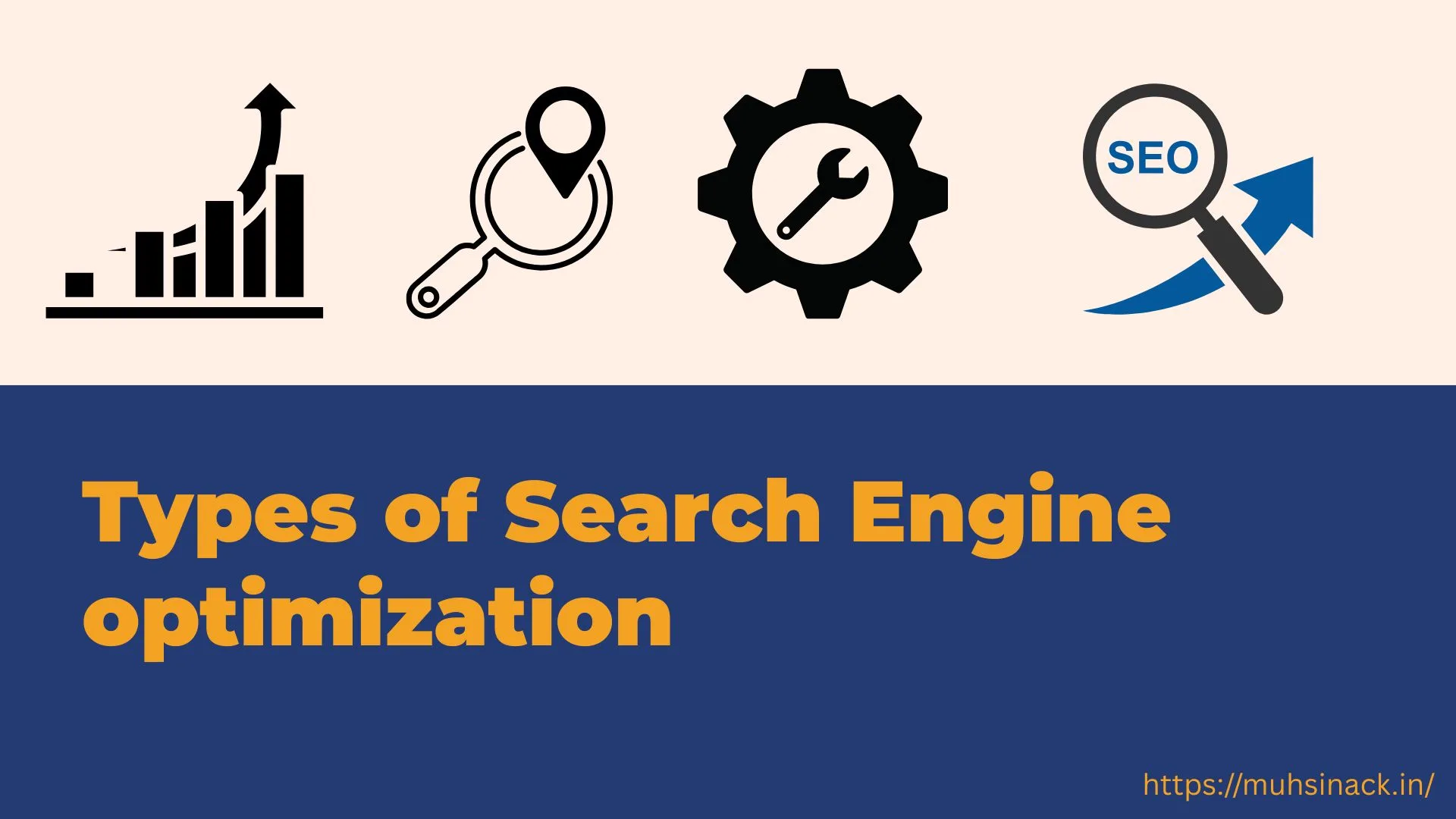In the world of search engine optimization (SEO) and digital marketing, keywords are the backbone of any successful online strategy. Identifying the right keywords can make the difference between a website that thrives and one that remains unnoticed. Keyword research is a critical process that helps you understand what your audience is searching for and how to position your content effectively. One of the most widely used tools for this research is the Keyword Planner, an essential resource that assists marketers and business owners in discovering relevant keywords, estimating search volumes, and making informed decisions about their digital strategies.
This blog explores what the Keyword Planner is, how it works, why it is crucial for SEO, and how businesses can use it to drive meaningful traffic and achieve higher rankings on search engine results pages (SERPs).
Table of Contents
What is a Keyword Planner?

Explaining How use to keyword planner .
Keyword Planner is a free tool offered by Google Ads (formerly Google AdWords) designed to help businesses and marketers identify the right keywords for their campaigns. While it was initially created to help advertisers plan paid search campaigns, it has since become an invaluable resource for SEO professionals. The tool allows users to discover new keywords, see how those keywords perform in terms of search volume, and assess competition levels for specific terms. It can also provide estimates for cost-per-click (CPC) in Google Ads campaigns, making it a versatile resource for both organic and paid search strategies.
By using Keyword Planner, businesses can refine their SEO efforts and better understand which keywords are worth targeting based on real-time data. This allows them to create more focused, relevant content that aligns with what their target audience is searching for.
How Does Keyword Planner Work?

Explaining How Does keyword planner works.
Keyword Planner operates by giving users access to Google’s massive database of search queries. The tool lets you input a seed keyword or a URL and generates a list of related keywords along with important metrics such as search volume, competition level, and potential costs for ads. The data provided helps you prioritize which keywords to target based on how often they are searched, how competitive they are, and how much investment is required to rank for them.
When you start a new search in Keyword Planner, the tool offers two primary options:
- Discover New Keywords: This feature helps users find new keyword ideas based on an initial keyword or URL. It generates suggestions related to your input and provides data on search volume trends, competition, and CPC estimates.
- Get Search Volume and Forecasts: If you already have a list of keywords, this feature allows you to upload that list and receive detailed metrics such as monthly search volume, future performance predictions, and insights on how these keywords may contribute to a paid campaign.
These options make the tool versatile and useful, whether you are starting fresh with new keywords or refining an existing keyword list for your SEO efforts.
The Importance of Keyword Planner in SEO
Keyword Planner is an indispensable tool for SEO, as it provides vital insights into keyword performance, user behavior, and search trends. With SEO being a constantly evolving landscape, keeping up with changes in how people search for information online is critical. By leveraging the data from Keyword Planner, businesses can adapt to shifts in user intent and ensure their websites remain relevant and visible in search results.
One of the most significant benefits of using Keyword Planner is its ability to offer data on search volumes. Knowing how often a particular keyword is searched helps businesses prioritize which terms to target in their SEO campaigns. High search volume keywords can drive significant traffic, but they are often more competitive, while low-volume keywords may be easier to rank for but might not generate as much traffic. The tool also provides insights into seasonal trends, helping marketers align their content strategies with peaks in search interest.
Keyword Planner also highlights the competition level for each keyword. High competition keywords indicate that many businesses are vying for the top spot in search results, making it harder to rank organically. In contrast, low-competition keywords offer opportunities to target niches where competition is less fierce, allowing websites to gain visibility more easily.
Steps to Use Keyword Planner Effectively

Steps to use keyword planner effectively.
Using Keyword Planner is straightforward, but to make the most of the tool, it’s essential to follow a strategic approach. This section will guide you through the steps necessary to maximize the benefits of Keyword Planner and incorporate it into your SEO strategy.
1. Access the Tool Through Google Ads
You must have a Google Ads account in order to use Keyword Planner.Even though the tool is free, you must sign up for Google Ads to access it. Once you’re logged in, navigate to the “Tools & Settings” section, where you’ll find the Keyword Planner under the “Planning” menu.
2. Choose Your Goal
Before using Keyword Planner, it’s important to determine your primary goal. Are you looking for new keyword ideas, or do you already have a list of keywords you want to analyze further? By clarifying your objectives, you can use the tool more effectively.
If you’re discovering new keywords, start by entering a broad seed keyword or a URL relevant to your industry or niche. If you’re analyzing existing keywords, input your list to see how those terms perform in terms of search volume, competition, and cost.
3. Analyze Search Volume and Trends
Once you’ve generated a list of keywords, take the time to analyze the search volume. Search volume refers to the number of times a keyword is searched within a specific time period, typically monthly. Focus on keywords that show consistent search volumes or those with increasing trends, as these are more likely to generate long-term traffic.
By paying attention to seasonality and trends, you can also align your SEO efforts with the periods when users are most interested in your products or services. For example, a business selling gardening tools might see higher search volumes for certain keywords during spring, and they can plan their content around this trend.
4. Evaluate Keyword Competition
The competition metric provided by Keyword Planner indicates how difficult it is to rank for a specific keyword. A high-competition keyword means many businesses are already targeting that term, while a low-competition keyword presents an opportunity to rank more easily.
When analyzing keyword competition, it’s important to strike a balance. While high-competition keywords can drive more traffic, they are often more difficult and expensive to target. Low-competition keywords may bring in smaller audiences, but they can provide a competitive edge in niche areas.
5. Organize Keywords Into Groups
Keyword Planner allows you to organize keywords into groups, making it easier to manage large lists of terms. This feature is especially helpful if you are running multiple campaigns or creating content across various categories. By grouping keywords, you can create targeted content that addresses specific topics, improving your chances of ranking higher in search results.
6. Plan Your Content Strategy Around Keywords
The insights gained from Keyword Planner should directly inform your content strategy. Once you’ve identified valuable keywords, plan content that incorporates these terms naturally and strategically. Avoiding keyword stuffing is crucial because it may result in search engine penalties. Instead, concentrate on producing excellent content that benefits your readers and includes pertinent keywords.
Keyword Planner for Paid Search Campaigns
Although Keyword Planner is widely used for SEO, its original purpose was to assist advertisers in planning their paid search campaigns. The tool’s ability to provide CPC estimates makes it invaluable for businesses looking to run Google Ads campaigns.
By using Keyword Planner, advertisers can estimate how much they will need to bid for specific keywords and how these terms will perform in paid campaigns. This helps businesses allocate their advertising budgets more effectively and maximize their return on investment (ROI).
In addition, Keyword Planner’s forecasting feature allows advertisers to predict future performance based on historical data. This helps businesses adjust their strategies and make informed decisions about which keywords to target and how much to spend.
Why Businesses Should Use Keyword Planner

Why businesses should use keyword planner.
Keyword Planner offers numerous benefits for businesses of all sizes. Whether you’re a small local company or a global corporation, this tool provides insights that can help you reach your target audience more effectively. By using data-driven keyword strategies, businesses can improve their search rankings, drive more traffic to their websites, and ultimately boost conversions.
For businesses just starting with SEO, Keyword Planner simplifies the often-overwhelming process of keyword research. By providing actionable data, the tool helps companies identify the best opportunities to rank for relevant keywords and avoid the pitfalls of targeting overly competitive terms.
Moreover, businesses that are running both organic and paid search campaigns can benefit from using Keyword Planner to align their strategies. By understanding how keywords perform in both contexts, businesses can create cohesive marketing plans that integrate SEO and paid advertising efforts.
Conclusion
Keyword Planner is a powerful tool that plays a crucial role in both SEO and paid search strategies. It offers valuable insights into keyword performance, search trends, and competition levels, making it an essential resource for businesses looking to improve their online visibility. By using Keyword Planner, marketers can make informed decisions about which keywords to target, how to organize their content, and how to allocate advertising budgets effectively.
Whether you’re using it for organic search or paid campaigns, the data provided by Keyword Planner helps you refine your digital marketing strategy and reach your target audience more effectively. In a world where search engines play a central role in connecting businesses with customers, leveraging the power of Keyword Planner is a critical step toward long-term success.
Author Name : Muhammed Arshad ch
Learner of DigiSkillz, Digital Marketing Institute in Kottakkal











Leave A Comment